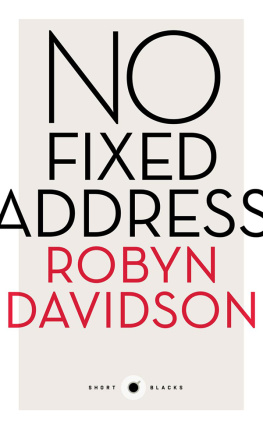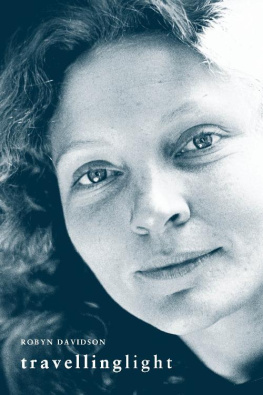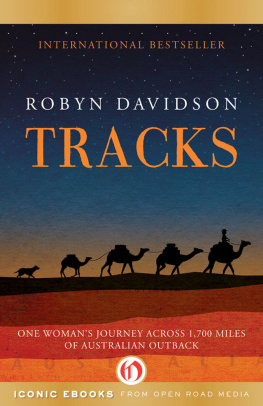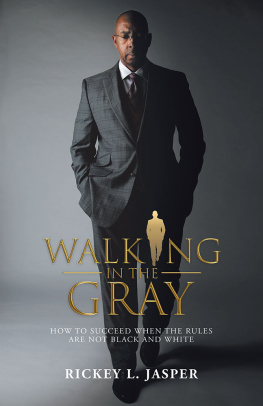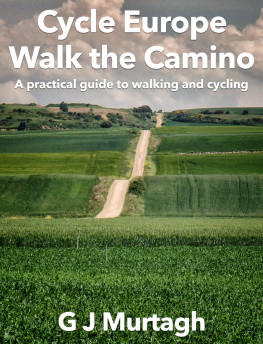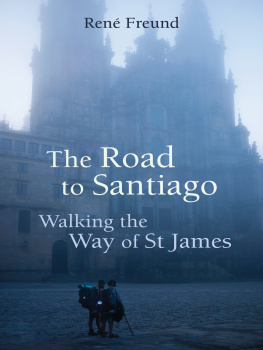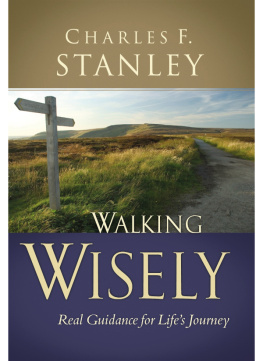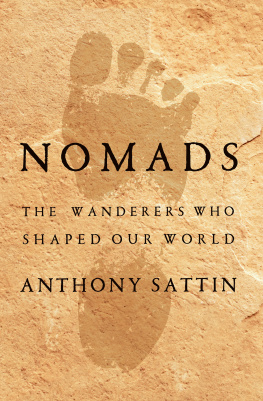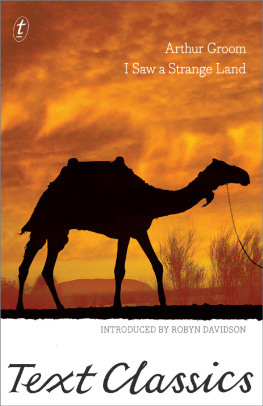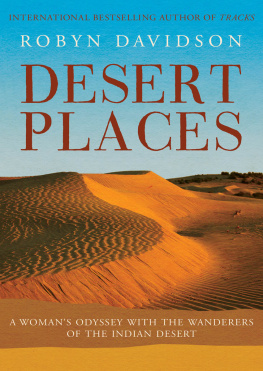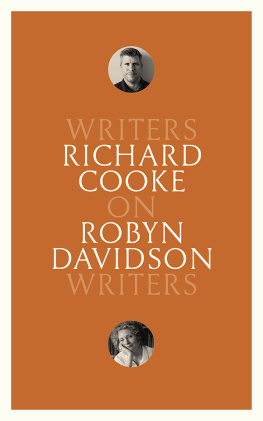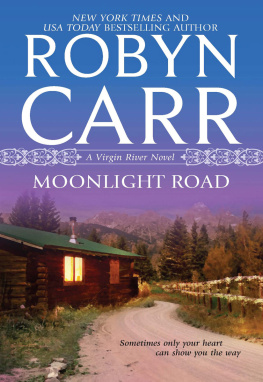SHORT BLACKS are gems of recent Australian writing brisk reads that quicken the pulse and stimulate the mind.
SHORT BLACKS
1 Richard Flanagan The Australian Disease:
On the decline of love and the rise of non-freedom
2 Karen Hitchcock Fat City
3 Noel Pearson The War of the Worlds
4 Helen Garner Regions of Thick-Ribbed Ice
5 John Birmingham
The Brave Ones: East Timor, 1999
6 Anna Krien Booze Territory
7 David Malouf The One Day
8 Simon Leys Prosper: A voyage at sea
9 Robert Manne
Cypherpunk Revolutionary: On Julian Assange
10 Les Murray Killing the Black Dog
11 Robyn Davidson No Fixed Address
12 Galarrwuy Yunupingu
Tradition, Truth and Tomorrow
Published by Black Inc.,
an imprint of Schwartz Publishing Pty Ltd
3739 Langridge Street
Collingwood VIC 3066 Australia
www.blackincbooks.com
Copyright Robyn Davidson 2006
Robyn Davidson asserts her right to be known as the author of this work.
First published in Quarterly Essay 24, No Fixed Address: Nomads and the fate of the planet, Black Inc., 2006.
This edition published 2015.
ALL RIGHTS RESERVED.
No part of this publication may be reproduced, stored in a retrieval system, or transmitted in any form by any means electronic, mechanical, photocopying, recording or otherwise without the prior consent of the publishers.
National Library of Australia Cataloguing-in-Publication entry:
Davidson, Robyn, 1950 author.
No fixed address / Robyn Davidson.
9781863957731 (paperback) 9781925203578 (ebook)
Short blacks ; no.11. Nomads.
305.906918
Cover and text design by Peter Long.
ROBYN DAVIDSONS books include Tracks and Desert Places. She edited the Picador Book of Journeys and her essays have appeared in Granta, The Monthly and National Geographic.
INDIAN HIMALAYAS
T he house sits at seven thousand feet. To the south-west, just visible through a gap in the hills which are like stacked slices of ever paler blue glass, is the Gangetic plain, under a pall of dust. To the north-east, the rampart of rock and ice that is the Himalayas proper, on the other side of which lies Tibet. To reach the house from the nearest road, one must climb through three thousand feet of Himalayan oak forest, along a rough path. One must hire ponies or men to carry all the luggage and provisions up to the house.
I love this place and would like to be buried here.
When I say this place, of course I dont just mean the house and its setting. I mean the people who live around me, some of whom work for me as servants, gardeners, stonemasons, porters and so on. I provide one of the very few opportunities for employment in these hills.
Most of the original oak from this area the Kumaon was taken out by the British during the world wars. They replaced it with introduced pine which dries out the soil and inhibits the seeding of native species. The four hundred acres on which I live is re-growth native oak, and one of the few patches of it in the Kumaon region. Every time I drive from the railhead to the village below, on my way back here from Australia or London, I notice another hillside thinned of timber, another patch of forest uprooted to make a tiny terraced field, another landslide on these geologically new, precipitous inclines.
The peasants are wholly aware that they are responsible for their forest disappearing, for their water disappearing, but they have no choice. If they do not chop wood, how will they cook and stay warm? If they do not carve out new fields from the forest, what will their sons do? As it is, many have to go to towns and cities to find work. If they do not have several children, who will take care of them when they are old, or provide the labour needed when the crops are ready? Many children die, after all. If they do not lop the trees for feed for their animals, or allow them to graze in the forest, the animals will starve. If they do not snare the leopards, or poison them, the leopards will take their animals or, worse still, their children. With the loss of forest goes the loss of game, and that makes for hungry leopards. There is no safety net for the peasants here. One stroke of bad luck, and total, irremediable ruin is their fate. Here, poverty is the cause of ecological catastrophe, not ignorance, not greed.
The farms are small, hand-made terraces radiating down cleared hillsides. Three or four crops are grown in a year wheat, corn, potatoes, cabbage, peas. The work is backbreaking, the yield, subsistence. The weather is harsh freezing winters, hail in spring, dry early summers, a late summer monsoon which washes soil down into the river far below. Ploughing is done with oxen. Monkeys, pigs, bears and deer take their portion of crop yields. With the clearing of oak, whose roots hold water in the catchment slopes, springs dry up. Domestic animals are taken out for grazing in the national forests and eat out any young oak which is highly nutritious but slow-growing. Seedlings dont stand a chance against desiccation and over-grazing. Women range all day through the remaining forest, cutting wood for cooking fires, or gathering huge bundles of grass for their animals, which they carry home on their heads. They work unbelievably hard, but are in poor health, due to poor nutrition.
The diet is principally wheat flour, lentils, sugar, milk, a few vegetables and spice. Nevertheless they tend to have many pregnancies, despite the governments advertising campaign promoting two children only. That policy has nothing to do with the exigencies of their lives.
There are fights within families over land. Sons who cannot inherit have to find other farmland or work elsewhere. There is little arable land left, and that is prohibitively expensive. (A lot of it now is being bought up by developers, catering to the wealthy middle class who want to return to bucolic simplicity during their holidays, who build large cement houses containing all the mod cons, and clear any trees that spoil the view.) Dispossessed peasants must join the drain of rural people heading to the city. Usually they will live in poverty and squalor there, scraping enough to get by in menial jobs, or begging in the streets. Sometimes, if they have managed to sell land, they set up small businesses and join the burgeoning middle class on its bottom rung. Either way, life is precarious.
If there is a particularly bad year or two, so that the farms fall below subsistence, then most of the men will have to leave to find other work. Women must still go out almost all day to gather wood. Children are looked after by old people. Or they look after themselves. Children and old people must do a ll the farm labour. And that labour is great because it is a perpetual wrestling with the forest keeping it back, digging it up, building fences against it, changing it, trying to stave off its fecund complexity for growth that is uniform and predictable. Its an all-day, all-night job, year in, year out, defying natures processes. The peasants here are wary of change. It takes them a long time to try something new, to do things another way. They are not flexible people. There is no leeway for mistakes.
I am witnessing archaic agriculture at first hand the aftershocks of the most important revolution the human race has ever undergone.
I have managed to keep my four hundred acres of re-growth oak in tact. No wood-cutting is allowed here; no farm animals graze in the forest. The women are invited to cut grass once a year, but they cannot lop and destroy the trees. At first they considered me an impediment to be got around. But when water began to flow back into their springs, the policy was accepted. Wildlife has begun to return to the area.
Next page
